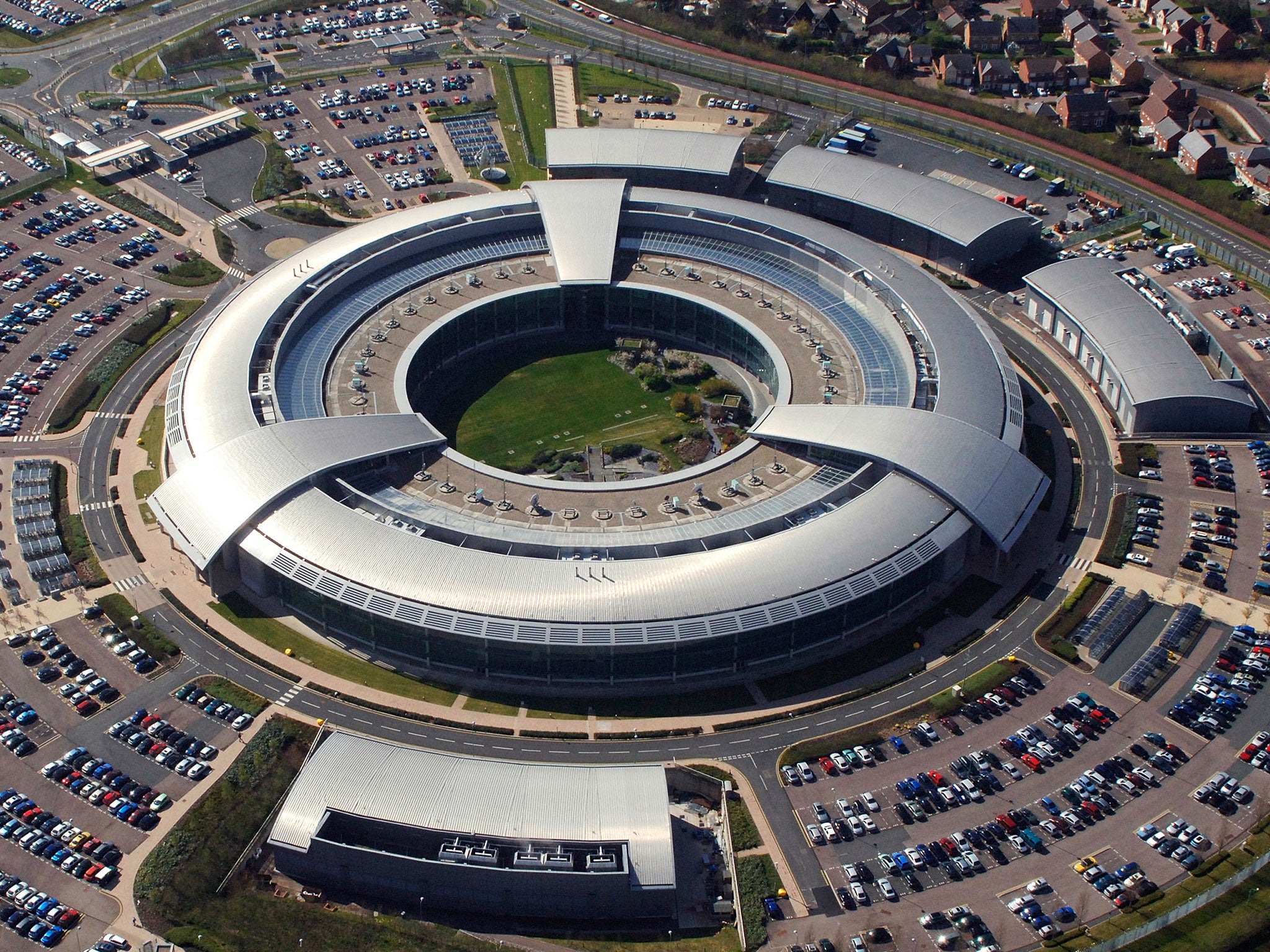UK was illegally spying on Amnesty International, 'mistakenly' forgot to tell human rights group
The secret court that regulates the UK government’s spying mixed up Amnesty and another campaign

The UK government was illegally spying on civil rights group Amnesty International — and neglected to tell it the surveillance was going on, after a mistake.
In June, the Investigatory Powers Tribunal (IPT) — the UK’s secret spying court — ruled that GCHQ had been illegally spying on Egyptian Initiative for Personal Rights (EIPR) and the Legal Resources Centre in South Africa. But it had meant to say that Amnesty International, not EIPR, was the victim of the illegal snooping.
The ruling was part of a legal challenge by campaigning groups that said the UK’s spying agencies had been illegally spying on them, a claim with which the court agreed. While it didn't rule against the spying itself — which was found to have been lawful — GCHQ were criticised for having kept the information for too long.
It was one of a number of unprecedented rulings against the surveillance agencies in recent months.
Amnesty was told about the mix-up through an email received last night, a week and a half after the judgement, it said.
“How can we be expected to carry out our crucial work around the world if human rights defenders and victims of abuses can now credibly believe their confidential correspondence with us is likely to end up in the hands of governments?” asked Salil Shetty, Amnesty International’s Secretary General, in a statement.
“The revelation that the UK government has been spying on Amnesty International highlights the gross inadequacies in the UK’s surveillance legislation. If they hadn’t stored our communications for longer than they were allowed to by internal guidelines, we would never even have known. What’s worse, this would have been considered perfectly lawful.”
Amnesty said that the IPT didn’t tell it when or why it had been spied on, or how the information was used.
Join our commenting forum
Join thought-provoking conversations, follow other Independent readers and see their replies
Comments